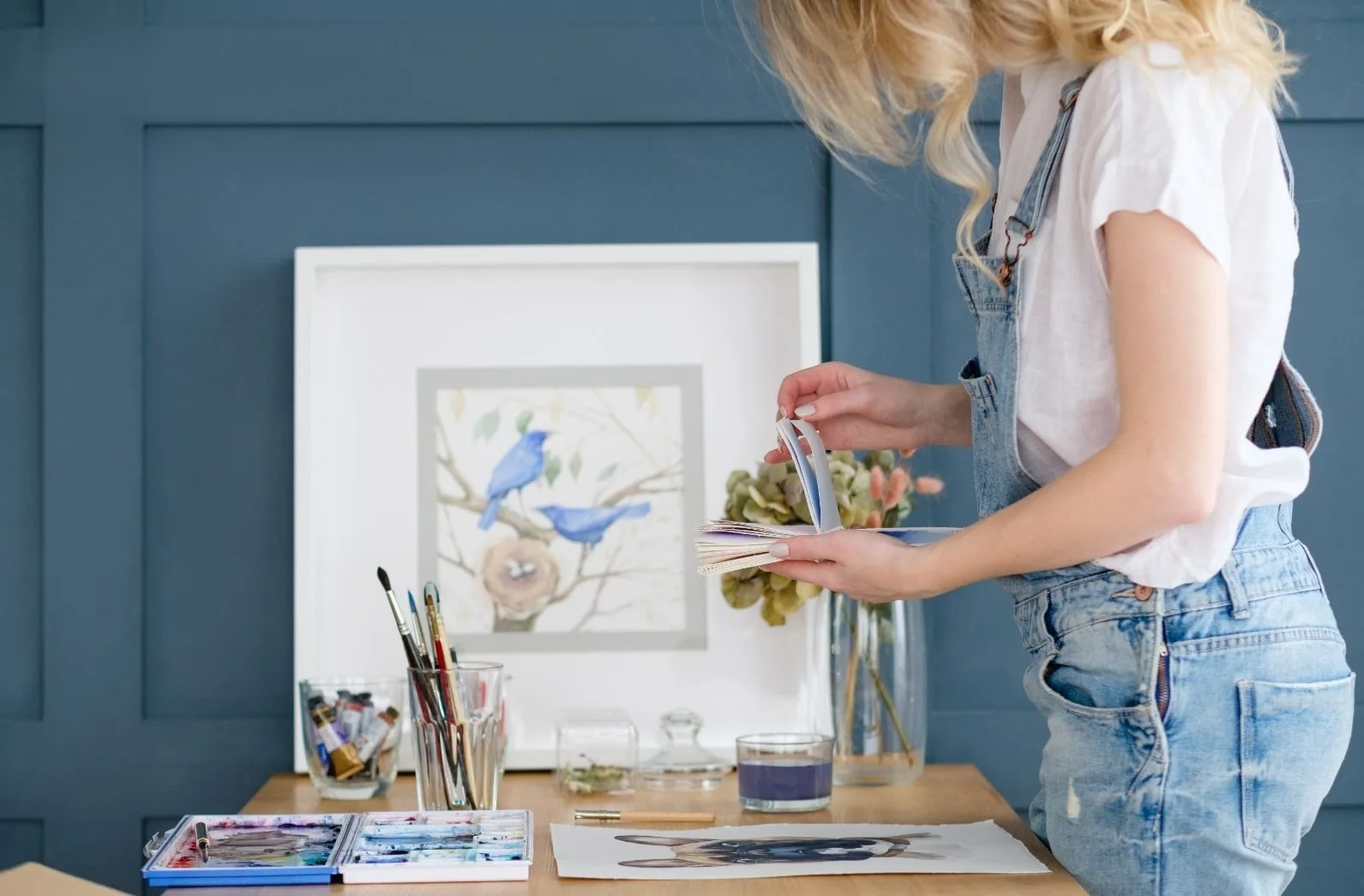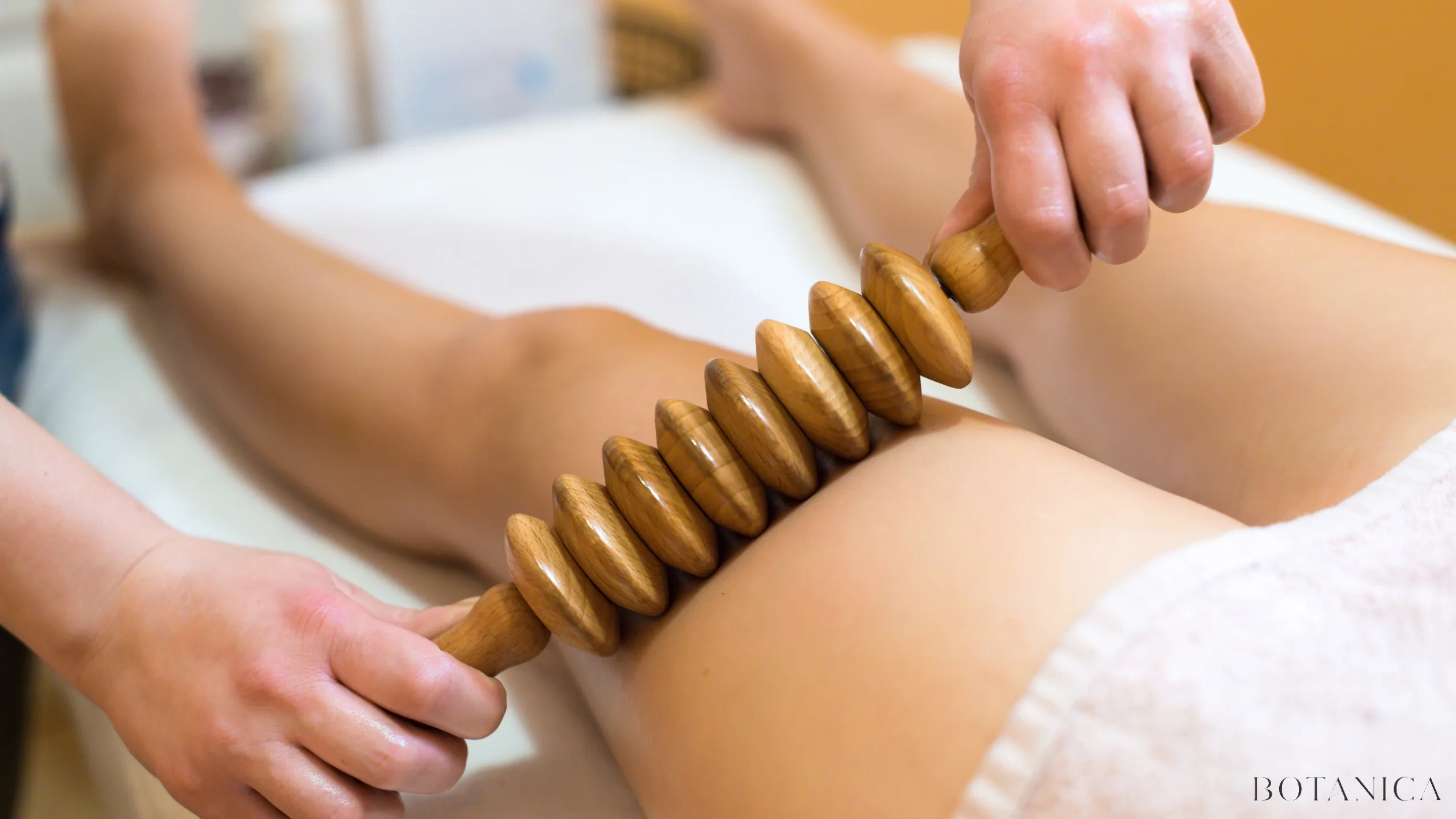
How to Enjoy Downtime if You Struggle With Slowing Down
Let’s be real, none of us expected COVID to happen and for life to have a new “norm”. I’ve overall accepted our new normal as best I can, and sometimes even appreciate the ways in which I’ve been motivated to think critically about—and work to change—preconceived ideas of “normal.”
But many days still feel like a struggle. Wading through the anxiety spiral soup of quarantine, there’s many ways that a lot of us can get lost in this daily struggle. However, perhaps what we all need is a new outlook on how to “wind down” from our days, and needing that helping hand to figure it out is completely okay!
According to Psychology Today, having a hobby can lessen stress, improve brain function, and even improve heart health. Hobbies and extracurricular activities have a positive impact and prove to be of great benefit to children and adults alike. Engaging in activities we enjoy helps to decrease stress and increase our overall mood. It also helps our connectivity to others, which can have a positive impact on our self-worth and self-esteem.
Before quarantine, going out with some girlfriends or taking my kids to afterschool activities was a way of winding down for me, but without physical spaces to unwind with your own downtime or socialize nowadays, feeling disconnected is also a new type of normal in itself.
Even with limited work and zero social engagements, giving myself permission to devote ten minutes a day to unwind can be still difficult. Today, a 40-hour workweek feels mythical; most Americans work 50 or more hours a week, and many of us are expected to answer a text or email long after the office has closed. (Running a spa is no different!)
Factor in working from home for many of you—where there are way fewer boundaries between personal and professional activity—and it’s no wonder so many of us feel simultaneously exhausted and underperforming. When compared to our European counterparts, Americans place so much emphasis on careers and job status; many forget or do not prioritize having a healthy work-life balance.
One Harvard Business Review article notes that overworking has been shown to lead to health problems like poor sleep, impaired memory, and diabetes—and it doesn’t even make employees more productive. In short, leisure time isn’t laziness—it’s vital to your physical and emotional health.
How to Make Space for Downtime
If you’re a workaholic, one way to make space for down time is to treat it like any other important appointment. Some people might prefer to not schedule their hobbies because it makes hobbies seem like work, but it is actually the opposite! If you don’t schedule protected time for hobbies, you may implicitly put these activities off when you have deadlines to meet, for example, as hobbies are not viewed as ‘pressing’ activities.
Scheduling them ensures that you respect your hobby time.
Unlearn Harmful Thought Patterns
Committing to even ten minutes, however, still opens the door to let my inner critic creep in . Perfectionists—including me—tend to be pretty hard on themselves, as a rule, so an hour of creative self-care can quickly devolve into berating myself for not producing more, better, faster. And what’s the point of down time if you’re spending it worrying or bullying yourself?
To unlearn harmful thought patterns, awareness is a great first step: Pay attention to your thoughts while you’re engaged in hobbies and try to catch and label judgmental thinking. It’s nice when we are ‘good at’ our hobbies, but that isn’t why we do them. We do them because they add something positive to our life. Reminding ourselves of that can also allow us to enjoy our hobbies a bit more.
If your inner critic fixates on what other people might think about your lack of expertise, try focusing on yourself and keeping the process private to help nurture your beginner’s mentality. You don’t even have to tell anyone what your hobbies are. If you have a creative hobby, people will sometimes want to see what you produce. That can add an evaluative component to something you are doing for fun. It’s okay to say no if people ask. It’s also okay to not even tell people what your hobbies are! They are for you, not for anyone else.
Try Mindfulness
No matter what hobby you pick up for your downtime, just remember that while you may be hard on yourself, intentionally or unintentionally, let yourself enjoy it either way. That being said, there’s also something to be said for staying in your comfort zone (don’t we all need a little comfort right now?), and it’s also possible to adjust an established hobby or skillset to quarantine.
Whether you’re extroverted and engaged in many hobbies and outings pre-pandemic, or if you’re more introverted and made a concerted effort to try something new, the current status of our globe requires us to let go of what we think an activity should look like or feel like. Trying something new during quarantine requires us to prioritize flexibility.
We’ll also tout mindfulness as a way to explore new activities and adapt old favorites to life indoors, and conversely, that new hobbies can help our mindfulness practice: When we engage in hobbies we enjoy, our attention is usually ‘all in’ on what we are doing, which is the main aspect of practicing mindfulness. This has amazing benefits including increased focus, increased self-regulation, increased personal awareness, and decrease in stress and anxious feelings – which is beneficial for our mental health.
An Easy Place to Start
If you’re sold on down time, but not sure where to start, try something offline. When our hobbies take place sitting in front of a screen, after we worked in front of a screen all day, we want to try to engage in movement somewhere in between. That can be a walk around the neighborhood, or taking a virtual workout class.
Look at it this way too: You’re more likely to stick to something if it’s in line with a greater sense of purpose. You can clarify your values using worksheets or checklists. Choosing hobbies and leisure activities that are values consistent will be the most rewarding. It can also help when you are feeling frustrated with your hobbies or judgmental of your performance in leisure activities. You can remind yourself that you are engaged in the activity to pursue your values. Keeping time and space for your hobbies is moving you closer to your ideal life, even if you are feeling discouraged.
The Bottom Line of Your New Downtime
Choosing something for yourself will see your mood feel more stable overall, and perhaps even you’ll see a noticeably more productive take at work tasks and chores—it’s also fine, of course, if the sole outcome of your hobby is happiness in the moment! The bottom line is that you’ll feel empowered to choose to use your downtime for your own benefit.
Whether it’s music, baking, crafting, or anything else, hobbies can be an inexpensive, low-pressure way to reclaim your time. Pursuing our own interests fosters independence and feelings of confidence, which can be really helpful for those of us that are over-invested in our personal relationships and can expand horizons and foster work-life balance for people who may have a tendency towards workaholism.
I hope this helps in any small or meaningful way to us all how important downtime is.
Love,
Gen



Leave a Reply